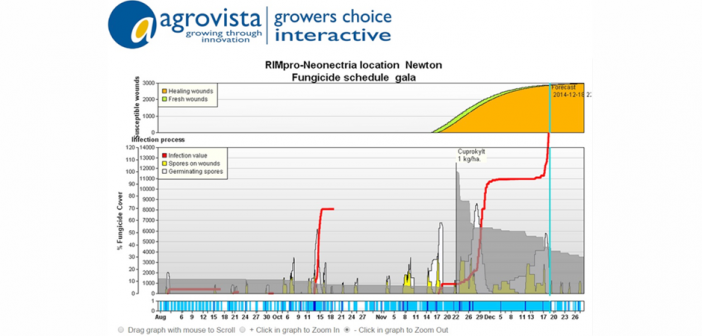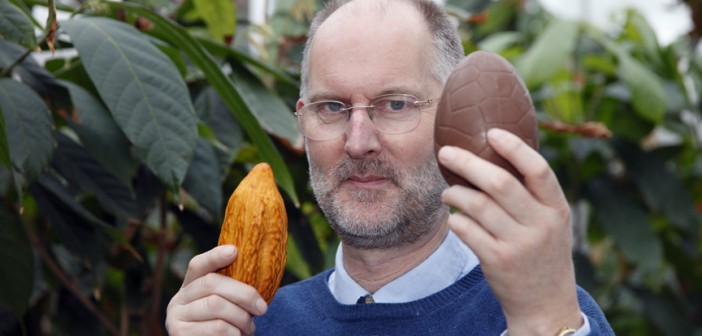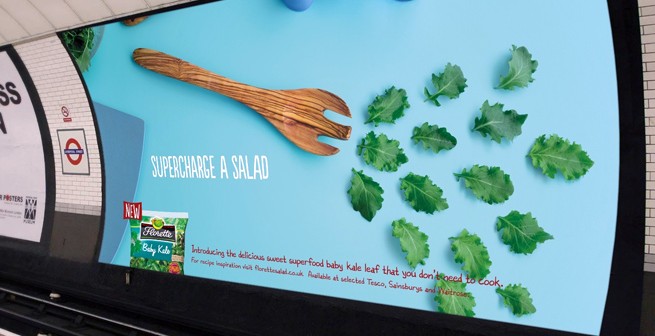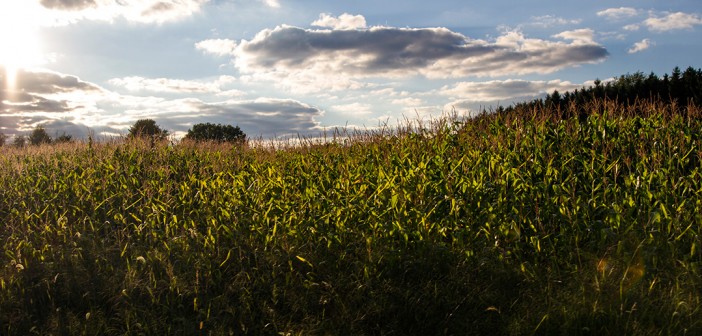TV stars Jamie Oliver and Jimmy Doherty have used their latest series: Jamie and Jimmy’s Friday Night Feast on Channel 4 to persuade supermarket Asda to stock misshapen or ‘ugly’ vegetables after meeting growers.
Doherty claimed, “Up to 40 per cent of everything farmers grow gets rejected by supermarkets because it doesn’t meet their strict beauty standards. Hundreds of thousands of tonnes of veg. are thrown on the scrapheap.” The programme spoke to Kevin Hammond and his son Oliver of Tattersett Farm near Fakenham in Norfolk who told the presenters the future of their business was on the line with only half the crop making the necessary specification. “We’ll make a loss on this crop this year,” said Kevin, referring to a field of carrots. “We estimate that 40 per cent of this field are splitting.”
Mr Oliver said, “If most Brits had half an idea of the amount going to waste, they’d be snapping up ugly veg. by the trolley load. There’s no difference whatsoever in taste or nutritional value. This is perfectly good food that could and should be eaten by humans.”
The range includes discounted products such as Claude Carrot, Paul Potato and Suzie Swede. According to the supermarket, the new range will increase potato crop utilisation by 10 per cent and swede by 15 per cent.
Asda produce technical director, Ian Harrison, explained, “The first step in this project was to look at how we could extend use by dates on produce. Our ‘Beautiful on the Inside’ range, which would have either gone to waste or been used for further processing, will now be celebrated for its freshness, value and quality in stores.
“We’ve been working very closely with our farmers to make sure we have excellent knowledge of our supply chain. Our growers are savvy and already use a large percentage of this wonky crop for further processing, for things like ready meals and juicing, but we saw an opportunity to extend this even more.
“There is still work to be done in encouraging customers to give ‘wonky’ fruit and veg. a go, but we hope our campaign will break down some of those barriers and make ‘ugly’ food more accessible for shoppers and families.”
The new lines will be launched in store later this month with around a 1/3 discount to regular produce.

The post Jamie Oliver and Asda push wonky produce appeared first on Hort News on 14 January 2015.







